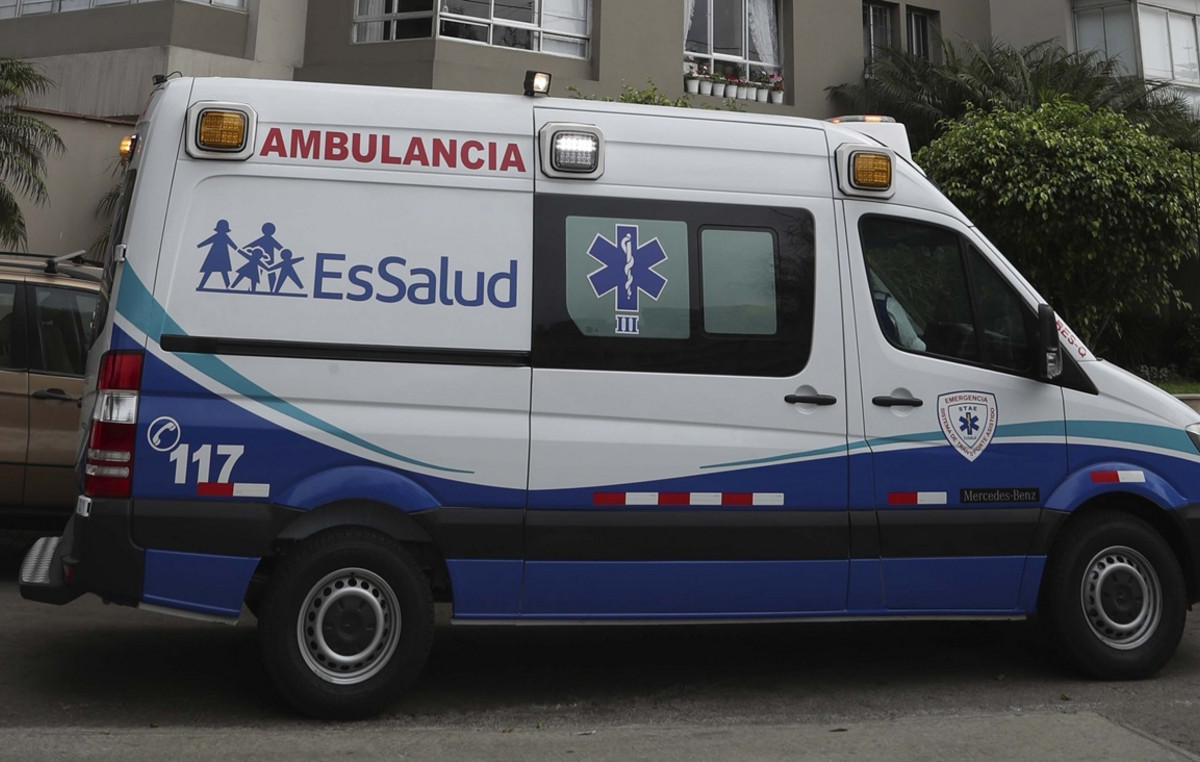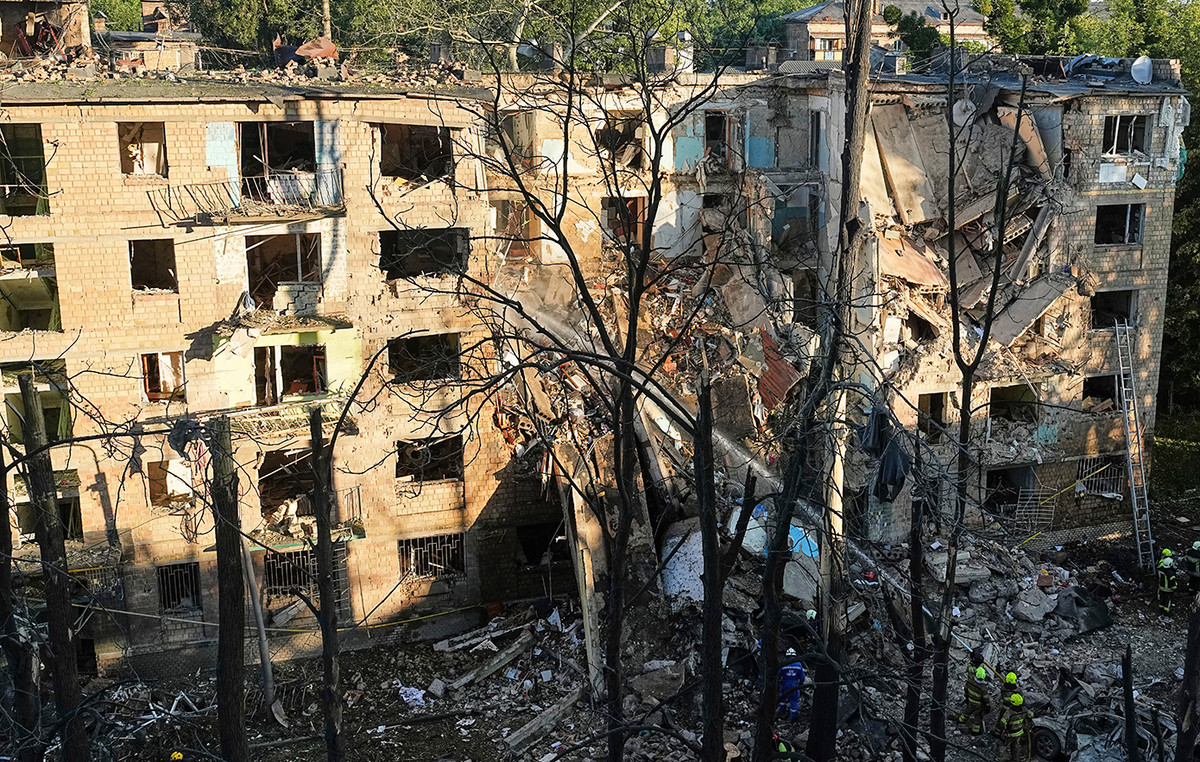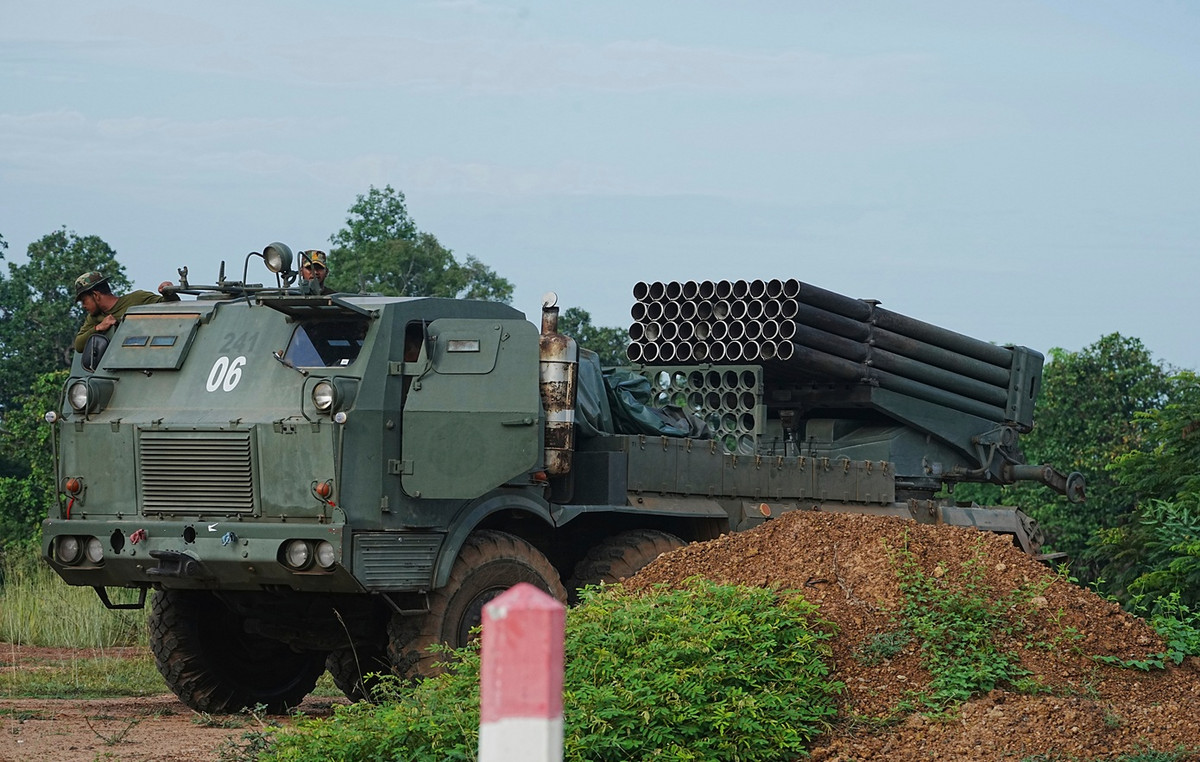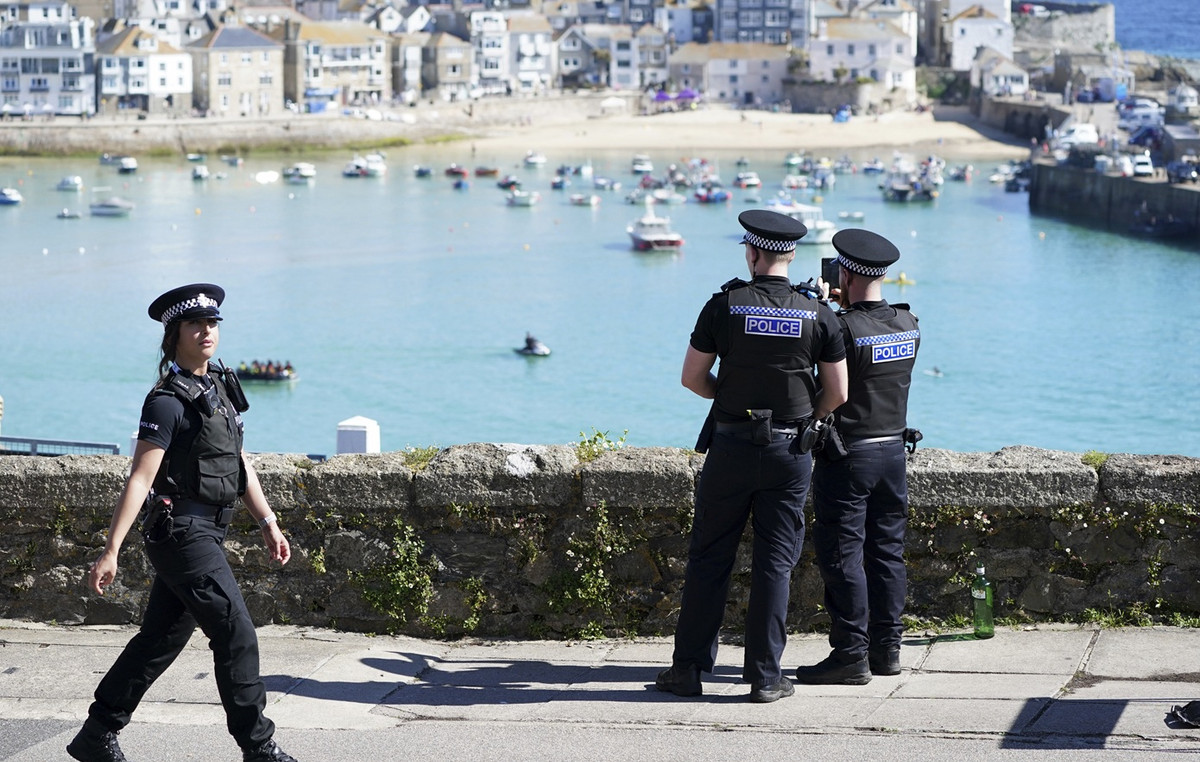Dr. Ahlia Kattan should already be back in California with her three young children.
Instead, she spends her days and nights at the Gaza European Hospital, on the outskirts of Rafah.
Kattan, an anesthesiologist and intensive care specialist, is one of at least 22 American doctors trapped in Gaza after an Israeli military offensive in Rafah closed the city's key border crossing with Egypt. Rafah had, until then, served as the only entry and exit point for foreign aid workers entering and leaving Gaza.
“My kids have already texted me today saying, you said on Tuesday you were coming home,” Kattan told CNN . “The WHO (World Health Organization) is trying to negotiate a safe exit for us. But that’s not happening.”
The crossing has been closed since the Israeli military seized the region early last week. So far, Israeli and Egyptian authorities have been unable to reach an agreement on its reopening. Instead, they exchange accusations of blame for the continued closure of the gateway. Meanwhile, dozens of foreign doctors are trapped in Gaza, while others are unable to enter as humanitarian conditions worsen inside the besieged enclave.
FAJR Scientific, the US-based nonprofit that brought Kattan and 16 other doctors to Gaza, is now calling on the US government to help coordinate the team's safe exit from Gaza. They were supposed to leave on Monday (13).
“I urge the US government to intervene and coordinate with the WHO to protect US citizens trapped in a war zone and bring them home as quickly as possible,” said Mosab Nasser, the organization's chief executive, who is also in Gaza.
At least one team member needs to leave the region for medical reasons. The 17 doctors include 12 US citizens, three UK citizens, one Omani and one Egyptian.
Kattan and her husband, who is also an anesthetist, arrived in Gaza more than two weeks ago, motivated by the helplessness they felt when they saw the suffering in Gaza on television and knew they could help.
“We knew that anesthetists were needed for the civilians here, the women and children. And we knew we had something we could offer,” Kattan said.
The FAJR scientific team recorded video diaries of their experiences and the conditions they face inside the European Hospital exclusively for the CNN .
In a video, Laura Swoboda, a nurse and wound specialist from Wisconsin, describes the drone of drones overhead. “Even in times when we feel safe, the war continues and there is a possibility of violence resuming,” she says.
Dangerous conditions are not just found outside the hospital.
“We didn’t know what the situation was like here. There was no soap to wash hands between worm-infected wounds. There were no disinfectant wipes to wipe down the tables after each patient,” Swoboda told CNN.
“People were arriving, person after person, after person. She ran out of gauze to clean the wounds. “We’re out of advanced dressings, we’ve gone through all our cleaning products, we’re using everything we can find at this point.”
“This is what cleaning is like in Gaza,” says Kattan in a video showing the state of an operating room, with a plastic suit stretched out on the operating table.
Before an operation to review the amputations of a quadruple amputee, Kattan details the lack of anesthetics. Picking up a single bottle of Propofol, she describes how doctors managed to bring it from the US.
FAJR Scientific operates under the umbrella of the WHO which, according to FAJR Scientific, has been trying to coordinate an exit.
At least one other international medical mission is currently at the European Hospital, organized by the Palestinian American Medical Association. Of the 19 members of PAMA's medical team, 10 are US citizens.
All of the FAJR science mission volunteers knew the risks involved in traveling to a war zone, Kattan said, but being trapped in Gaza was not a scenario they had imagined.
Now, she is torn between her desire to return home to her children and the guilt she feels about trying to leave Gaza at a time when the Israeli military could expand its offensive and the need for doctors is expected to increase.
“It's just missing my kids and waking up in the morning and realizing they're not around me. But the hardest part is knowing that I will eventually leave. And I can go home and be safe. And I know my children are safe,” she said. “And I’ve developed a lot of friends here who are the same age as me, have kids my age, and don’t have that security and those basic needs.”
After more than two weeks of witnessing enormous pressure on one of the last remaining functioning hospitals in southern Gaza, Kattan added that she and her colleagues only want to leave Gaza if they can be replaced by other doctors.
“We are mothers and fathers who want to be at home with their families, and sons and daughters, we are doctors here, and we have colleagues and we cannot abandon them.”
Source: CNN Brasil
Bruce Belcher is a seasoned author with over 5 years of experience in world news. He writes for online news websites and provides in-depth analysis on the world stock market. Bruce is known for his insightful perspectives and commitment to keeping the public informed.







